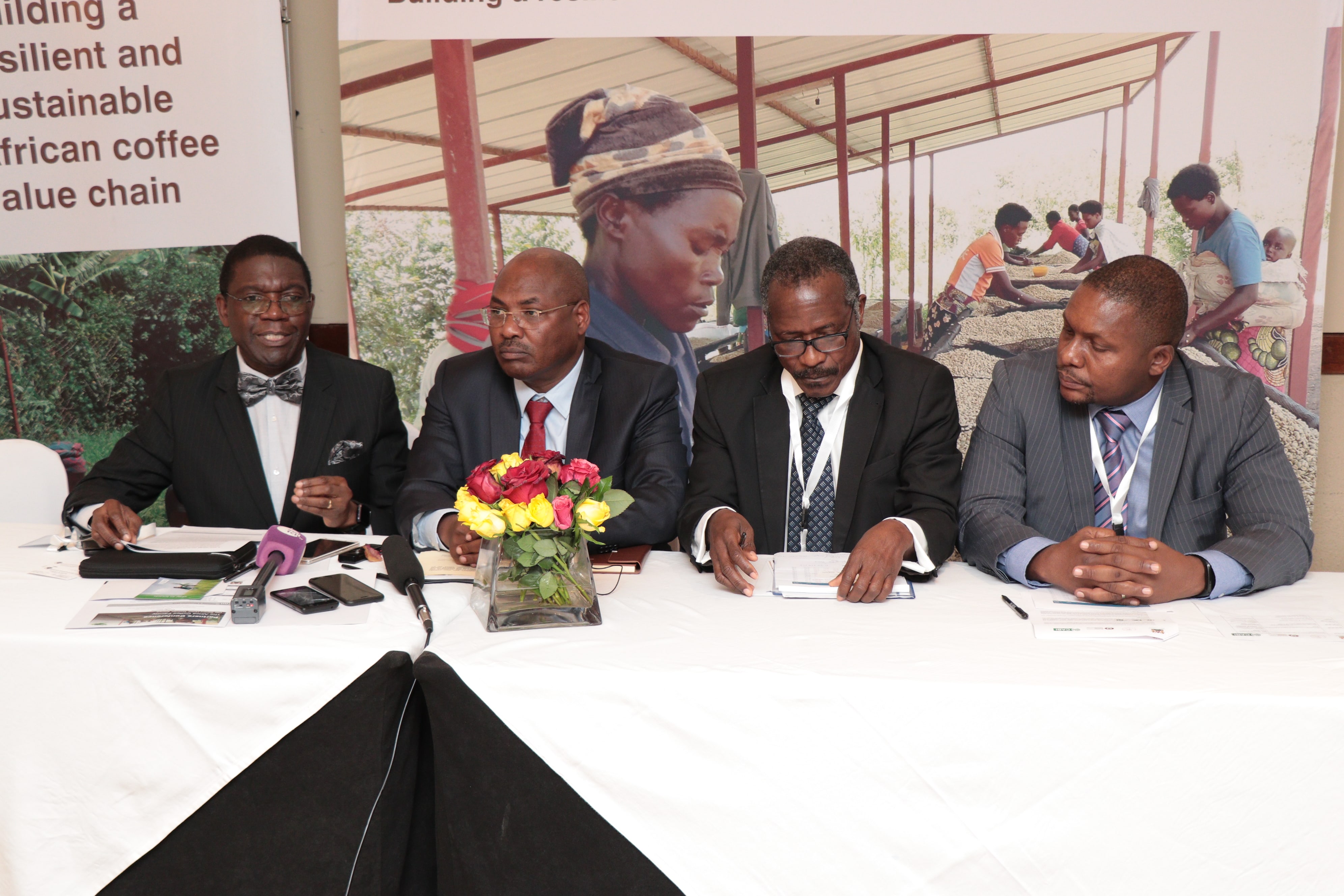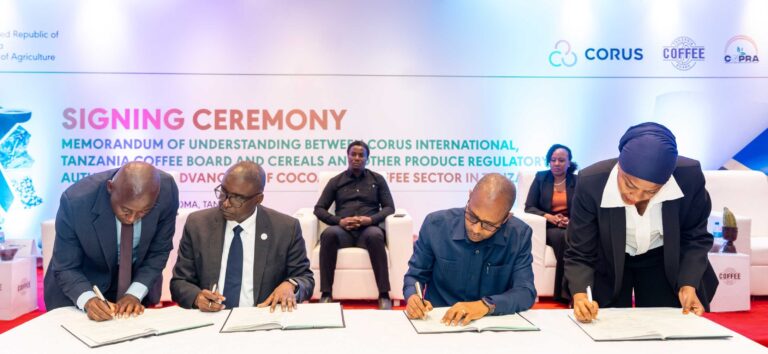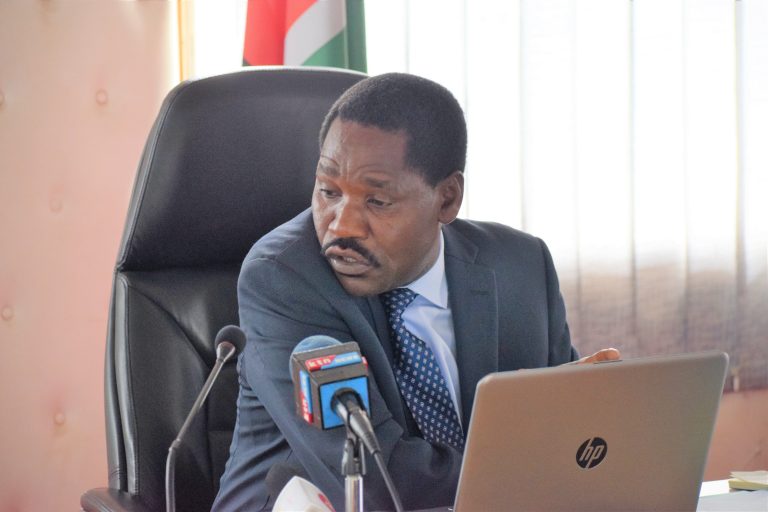The Inter African Coffee Organisation (IACO) has joined forces with the Centre for Agriculture and Biosciences International (CABI) and the International Coffee Organization (ICO) to launch a $950 million ‘Africa Coffee Facility’ (ACF) to boost Africa’s coffee industry and achieve a 40 percent increase in high-quality exports worth $5 billion a year.
Coffee is a primary source of income for more than 12 million households in Africa and contributes a significant proportion of tax income in a number of these countries. The largest annual export value of African countries is recorded by Ethiopia at $762.8m annually, followed by Uganda ($468.4m), Kenya ($229.5m) and Tanzania ($129.2m).
This year the Government of Kenya allocated 3 billion Kenya Shillings (equivalent to USD 30 million) towards supporting coffee producers.
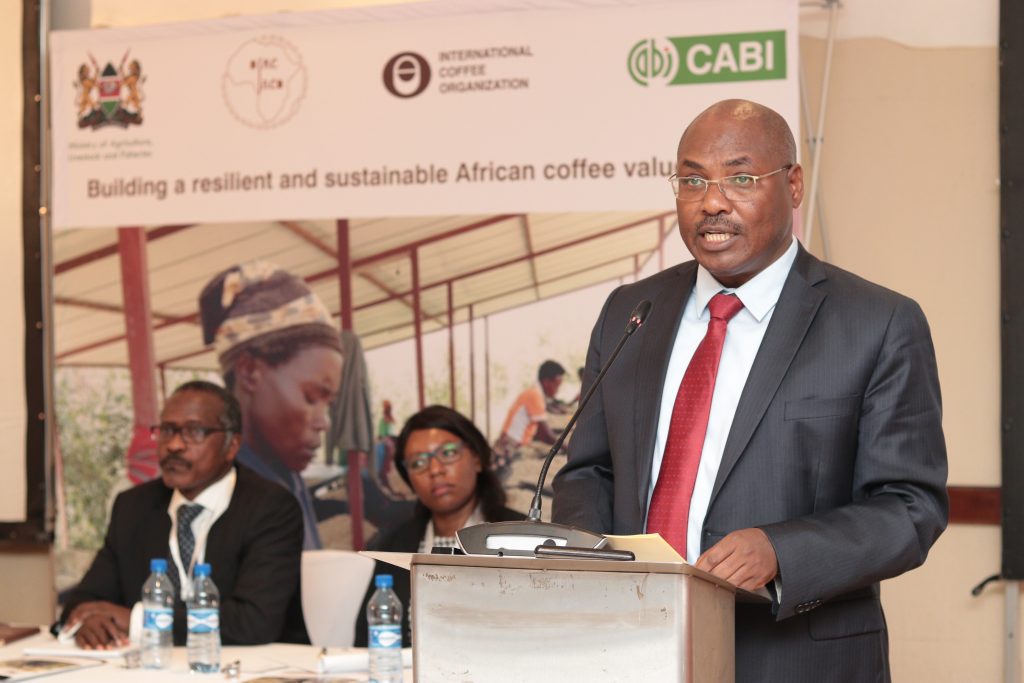
Dr Fred Kawuma, Secretary General of the IACO, said, “Africa produces some of the highest-quality and much-loved coffee in the world but its contribution to the global coffee trade has declined significantly since the 1970s when nearly a third of all coffee was produced on the continent. “The ACF is an ambitious fund which seeks to attract private and public sector investment to transform Africa’s coffee industry from a subsistence to a commercial or entrepreneurial approach where millions of smallholder coffee farms will see their livelihoods significantly enhanced.”
This first ever Donors and Partners Conference has been held under the theme “financing the African coffee value chain through the Africa Coffee Facility” and was attended by development partners, bilateral donors, banks, foundations, private sector and the coffee farming community amongst other stakeholders. It is anticipated that the ACF, which will be hosted by Afreximbank, will also develop and promote domestic consumption of coffee set against the challenges of climate change and the need to empower more younger farmers and women into the sector.
Key aims of the ACF – over its 10-year tenure – will be to invest $500m on building a sustainable coffee supply, $100m on improving demand, market linkages and investments, $200m on putting in place climate change adaptation and environmentally resilient practices and $150m promoting knowledge management and dissemination.
Partners and potential donors at the forum heard how Africa’s coffee value chain must see vast improvements in production and cooperative systems, many of which have either deteriorated or collapsed, in order to compete in the global market place.
Dr. Denis Seudieu, Chief Economist, the International Coffee Organization, said, “Although many initiatives have been taken in some countries, many challenges still hamper the achievement of a sustainable coffee sector in Africa. However, there’s opportunity to move the African coffee sector from a subsistence to an entrepreneurial one. This will enable our farmers to have sustainable income generation and a long-term security of their livelihoods.”
Part of the ACF’s mission, in looking to improve the quality of Africa’s coffee free from crop pests and diseases, making it safe to consumers – an area in which CABI specialises.
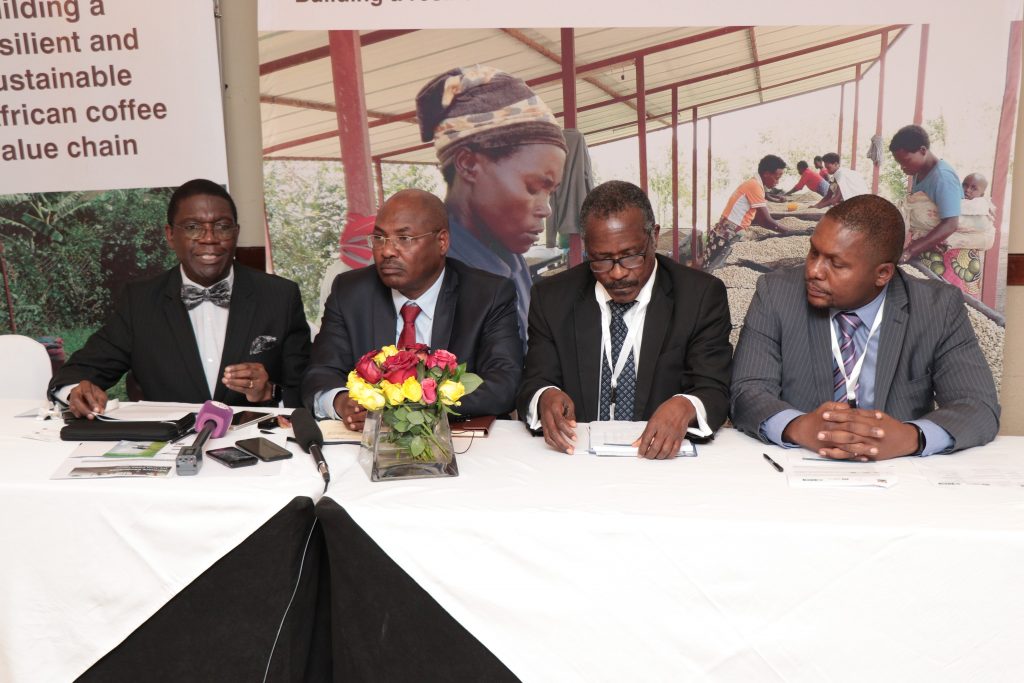
Dr. Morris Akiri, Regional Director, CABI Africa, said, “CABI is delighted to be working in partnership to help create an African coffee industry which is resilient to climate change and strong enough to compete and succeed in a highly competitive and often volatile global market. “
He added that the organization will not only work to help put the latest knowledge and skills on coffee pest management into farmers hands in the field but also to disseminate information, skills and best practice along all points of the coffee value chain.
It is expected that the initial funding of almost $1bn will be achieved in the first five years with more to follow as the fund gains momentum.The ACF plans to enable 50 percent of farmers to plant climate-smart materials as part of a strategy to see one out of every 5 coffee farmer adopting climate smart productive systems. By doing so it is envisaged that farmers’ vulnerability to weather events, such as floods and drought, will be reduced by 25 percent.CABI, in working as partners of the ACF, brings a range of expertise along the coffee value chain including past experience of guaranteeing credit to coffee farmers in Ethiopia and Rwanda by improving processing practices by smallholders, boosting coffee production in Kenya and Malawi through a combination of new planting materials, improved fertilizer use and better pest control measures, and helping farmers to adapt to climate change.


